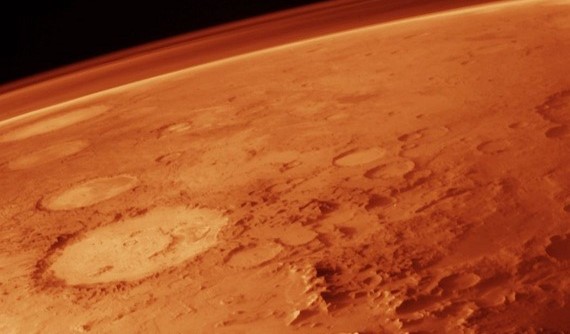A colossal lake larger than any on Earth has been discovered on Mars, potentially providing clues to the Red Planet’s ancient watery past and the possibility of extraterrestrial life.
Others are reading now
Scientists have discovered evidence of a massive ancient lake on Mars that once covered over 1 million square kilometers—making it larger than any lake on Earth.
This lake has been named Lake Eridania.
Researchers believe this discovery offers tantalizing clues about the Red Planet’s ancient watery past and the potential for extraterrestrial life.
The finding was made using new images from the HRSC camera on the European Space Agency’s (ESA) Mars Express spacecraft.
Also read
Located in the Caralis Chaos region of Mars, Lake Eridania is believed to have existed around 3.7 billion years ago. At its peak, this vast body of water was three times larger than Earth’s Caspian Sea and contained more water than all other Martian lakes combined.
Over time, the lake gradually dried up, splitting into smaller bodies of water before disappearing entirely.
Today, the remnants of Lake Eridania can still be observed in the curved boundaries and high mounds of earth within the Caralis Chaos area. These mounds were originally formed by winds before the lake existed. They were later transformed by the presence of water and eventually cracked and dried as the water vanished.
Adding to the intrigue, scientists have identified signs of volcanic activity in and around the Caralis Chaos area.
Two large cracks, known as the Sirenum Fossae faults, cut across the ancient lake bed. These faults are believed to have formed due to the immense pressure exerted on the Martian crust by the rising Tharsis region, home to the largest volcanoes in the Solar System.
The discovery of Lake Eridania provides evidence supporting the theory that Mars once had abundant water, similar to Earth, around 3 to 4 billion years ago. This period is also when scientists believe life could have existed underwater on Mars.
As such, Lake Eridania and similar findings are crucial in the ongoing search for extraterrestrial life, offering a glimpse into Mars’s potentially habitable past and fueling the argument for a once “Green Mars.”



